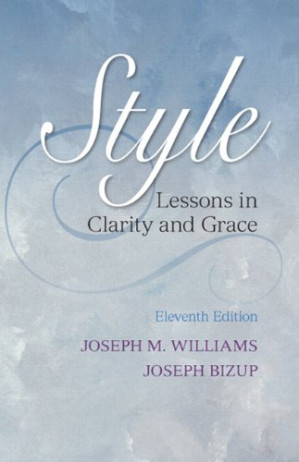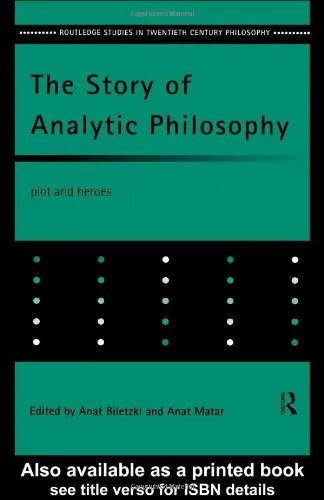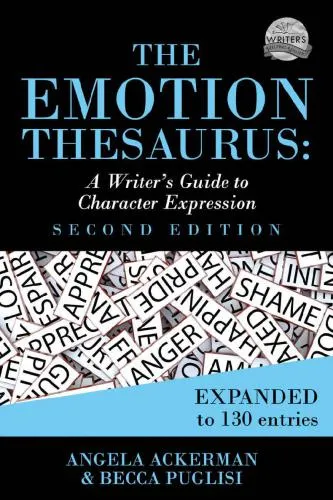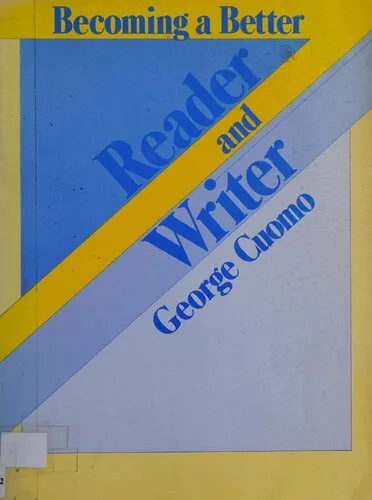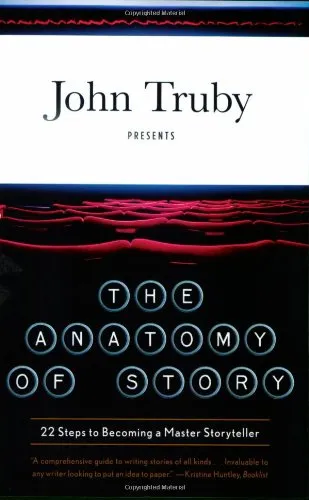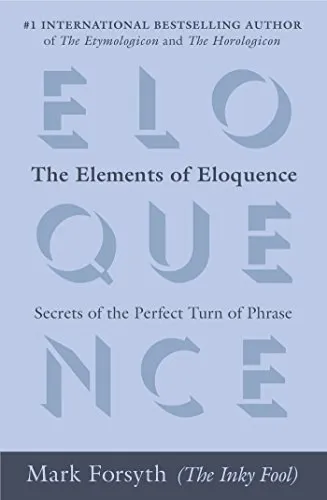Style: Toward Clarity and Grace (Chicago Guides to Writing, Editing, and Publishing)
4.5
Reviews from our users

You Can Ask your questions from this book's AI after Login
Each download or ask from book AI costs 2 points. To earn more free points, please visit the Points Guide Page and complete some valuable actions.Related Refrences:
Introduction to Style: Toward Clarity and Grace
Writing is not merely an act of transcribing thoughts onto paper; it is a journey toward clarity and the pursuit of communication that resonates with readers. Style: Toward Clarity and Grace, authored by Joseph M. Williams, is more than a guide to crafting sentences; it is a profound exploration of the principles that make prose lucid, elegant, and impactful. This book belongs to the acclaimed Chicago Guides to Writing, Editing, and Publishing series, and it has earned its place as an essential resource for authors, students, and professionals striving to refine their writing.
The central philosophy of this book revolves around one pivotal goal: making your writing clearer and more meaningful while respecting the relationship between the writer and the reader. It challenges the notion that simple grammar rules or rigid structures define great writing, urging instead a thoughtful consideration of how style influences comprehension and emotional connection. Built upon years of research, pedagogy, and practice, the book offers practical advice grounded in linguistic and rhetorical theory, ensuring its utility for writers at all skill levels.
1. A Detailed Summary of the Book
Joseph M. Williams begins his book by addressing a fundamental issue that plagues many writers: the gap between what they want to convey and how readers interpret their words. He argues that clarity is not just a matter of simplifying language but of crafting sentences and paragraphs that anticipate and meet the needs of readers. The book unfolds with a series of lessons, each building upon the last to help writers methodically improve their style.
The opening chapters introduce principles of clarity, such as focusing on the subject of a sentence, maintaining coherence, and structuring prose in a way that prioritizes the most critical information. Williams employs relatable examples of unclear writing, dissects them, and reconstructs them into lucid alternatives. This method allows readers to see both the problem and the solution in action.
From clarity, the book moves toward grace—a subtler aspect of style that elevates writing from functional to pleasurable. Williams examines rhythm, sentence variation, and elegance, showing how small changes can make prose more enjoyable and engaging. He also delves into the ethics of writing, emphasizing that good style demonstrates respect for the reader’s intelligence and time.
As the book progresses, readers encounter a wealth of techniques, from managing emphasis within a sentence to organizing paragraphs for maximum impact. The final chapters focus on larger-scale organization and revision, teaching writers how to connect ideas and ensure consistency across longer works. Each chapter is anchored in practical exercises, making the lessons accessible and actionable.
2. Key Takeaways
- Writing with clarity requires understanding the reader’s perspective, not just the writer’s intentions.
- Effective writing balances two key elements: clarity (making ideas accessible) and grace (making language enjoyable).
- Sentence structure, word choice, and rhythm are powerful tools for improving the style of writing.
- Good writers revise not only for grammatical correctness but for ease of understanding and elegance.
- Ethical writing respects the reader's time, intelligence, and effort by striving for precision and readability.
3. Famous Quotes from the Book
"Clarity in writing does not mean you have to simplify what you say; it means simplifying how you say it."
"We write not only to be understood but to ensure we cannot possibly be misunderstood."
"The mark of an experienced writer is the ability to revise sentences until they feel inevitable."
4. Why This Book Matters
In a world inundated with information, the ability to write clearly and persuasively is more critical than ever. Whether you're composing a professional email, drafting an academic paper, or crafting a bestseller, your success as a writer depends on your ability to connect with your audience. Style: Toward Clarity and Grace stands out because it goes beyond the mechanics of grammar to address the art of writing itself. By emphasizing the relationship between writer and reader, Williams provides a framework for creating prose that informs, persuades, and delights.
Moreover, this book addresses a common frustration faced by writers: the inability to translate complex ideas into clear, coherent text. Williams not only diagnoses this problem but also provides solutions grounded in linguistics, cognitive science, and rhetorical tradition. His guidance is applicable to virtually any field, making Style: Toward Clarity and Grace an invaluable resource for students, educators, and professionals alike.
Ultimately, this book matters because it reminds us that writing is a human endeavor. At its best, writing reflects our deepest thoughts and feelings, connecting us across time and distance. Through clarity and grace, we honor our readers, ourselves, and the ideas we seek to share.
Free Direct Download
You Can Download this book after Login
Accessing books through legal platforms and public libraries not only supports the rights of authors and publishers but also contributes to the sustainability of reading culture. Before downloading, please take a moment to consider these options.
Find this book on other platforms:
WorldCat helps you find books in libraries worldwide.
See ratings, reviews, and discussions on Goodreads.
Find and buy rare or used books on AbeBooks.
1532
بازدید4.5
امتیاز0
نظر98%
رضایتReviews:
4.5
Based on 0 users review
Questions & Answers
Ask questions about this book or help others by answering
No questions yet. Be the first to ask!
